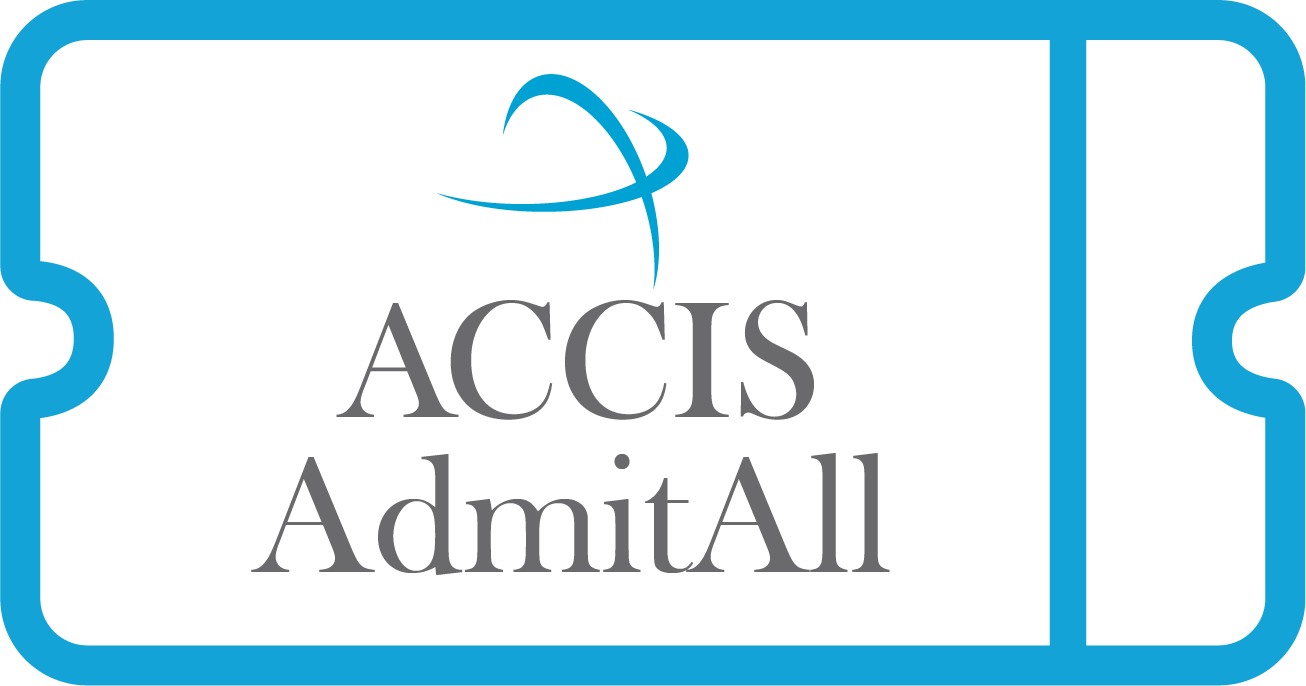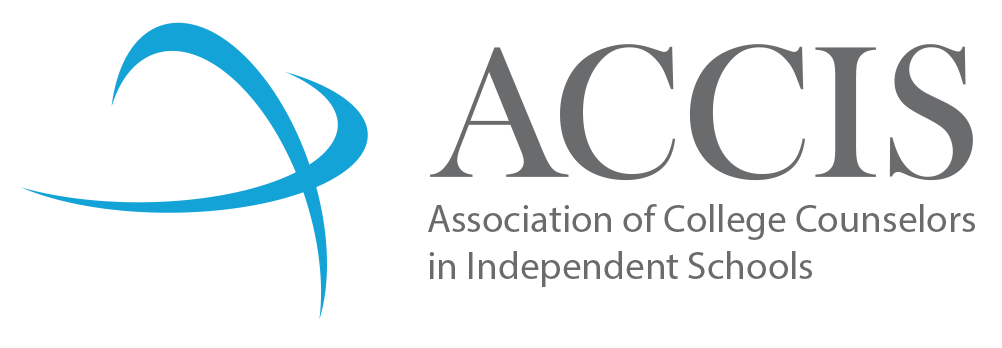The Power of Vulnerability in College Counseling

The Power of Vulnerability in College Counseling
Charley Burkly, Hillbrook School
November 17, 2023
At the end of fifth grade, I attended my grandfather’s 50th college reunion. Given that this was Princeton Reunions, which attracts nearly 25,000 alumni annually, the weekend set a very high bar: it was my first college visit, my first fireworks show, my first steak dinner, and my first “P-rade” decked out in orange and black attire. Unsurprisingly, I declared to my parents on the drive home that this was where I wanted to attend college. Fast forward through seven years of striving to become the best student, athlete, and community member possible, my Early Decision application was deferred in December and denied in April.
At the time, this felt like a tremendous failure. I had worked tirelessly, and had come up short. I felt disappointed, ashamed, and unsure about what the next four years would hold. Now over 25 years later, I remain struck by the depth of these feelings. In fact, I still feel surprisingly vulnerable sharing the details of my own process, even though this is precisely why I was drawn to a career in education, and college counseling specifically.
In the summer of 2019, I attended the Stanley H. King Counseling Institute, where we spent a session focusing on Brené Brown’s research on vulnerability and shame. We watched clips from her TED talks, which I went on to view in full, along with her Netflix special, “The Call to Courage.” It occurred to me, both suddenly and powerfully, that the intrigue, attention, and obsession surrounding the college admissions process—and the associated multi-billion dollar industry—thrives on the vulnerability and shame it stirs up.
In my experience, the very best college applications, and the most productive family engagement are the product of honesty, openness, and communication. However, this degree of vulnerability is uncommon, and difficult. Why? Because with vulnerability comes the shame of confronting failure and disappointment—all within the context of working in a new college counseling relationship, imagining the nameless/faceless “admission committee,” and dealing with the perceived expectations of our respective communities. For families, this can further involve contending with financial challenges or immigration issues, navigating tricky family dynamics, communicating in a second or third language, and acknowledging the ways in which race, power, and privilege are inherently intertwined.
When I started to view the college process through the dual lenses of vulnerability and shame, I finally gained insight into the most difficult professional moments I’d experienced: times when I felt blindsided by resistance or cold shoulders from parents, especially when I believed I was being uncommonly sensitive, supportive, and committed to the student’s best interests. I began to find it helpful to think of shame as occupying that extra row of seats in the auditorium, silently observing through an unmarked black Zoom box, or pulling up a chair (or two) in a family college counseling meeting. But most of all, I began selectively sharing my own experiences. When I clumsily explained my college admissions process and outcomes with a family I knew well, I was encouraged by the warmth of response I received. Now I love telling students about how I dramatically posted my rejection letters on the windows of my childhood kitchen, half-heartedly admiring their pristine watermarks.
Fortunately, as many of you have experienced, there is a way “back to each other” as we collectively navigate this process: empathy. As Brené Brown deftly explains: “empathy is the antidote to shame. If you put shame in a Petri dish, it needs three things to grow exponentially: secrecy, silence, and judgment. If you put the same amount of shame in a Petri dish and douse it with empathy, it can’t survive.”
In a full circle moment, I later had the opportunity to work at Princeton, in the admission office. By that point, I was confident in the path I’d taken, and proud of the perspective I could offer; in particular, I could feel for the students whose applications would be waitlisted or denied, who had imagined a very specific future for themselves that included a stop in Princeton, NJ. I hoped that these students would be reassured by a peer or adult in their life who nudged them to consider the many possibilities that remained ahead of them. As it turns out, a dose of empathy from the right adult at the right time can help illuminate these pathways from the shadow of shame. Now, as a college counselor, I have the opportunity to play that role for my students, past and present, and continue to learn from wonderful friends, colleagues, students, families–and Brené Brown!
